Upcoming Events
Sherlock's Genealogical Adventures
Follow Sherlock on his adventures into genealogical mysteries.
3 minutes reading time
(530 words)
DNA - What is Genetic Genealogy?
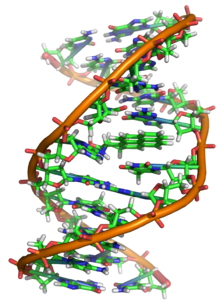 Image used from Wikipedia under GNU Free Documentation LicenseGenetic genealogy is the application of genetics to traditional genealogy. Genetic genealogy involves the use of genealogical DNA testing to determine the level and type of the genetic relationship between individuals. From wikipedia.
Image used from Wikipedia under GNU Free Documentation LicenseGenetic genealogy is the application of genetics to traditional genealogy. Genetic genealogy involves the use of genealogical DNA testing to determine the level and type of the genetic relationship between individuals. From wikipedia.With all the mystery that had surrounded who my biological grandfather is and finally solving that brick wall via the paper trail, I thought it would be a good idea to acquire my mothers DNA, just in case the validity of the paperwork was ever brought into question.
While I was in Dallas, TX the end of March for the Forensic Genealogy Institute, I had the opportunity to meet up with my parents after they drove up from Austin, TX. I took that opportunity to have them both do a cheek swab for their DNA. After I looked at the big three DNA testing companies (Ancestry, 23 & Me, and Family Tree DNA) I chose to go with Family Tree DNA (FTDNA). I look forward to getting the results in a few months.
Athought there are more than one type of DNA test I could have done, I chose to start with the Autosomal DNA (atDNA) test because in the particular case of my previous brick wall, using atDNA would be the only test that would be able to prove kinship to and descendants or relatives of her biological father. With her DNA "on file" with FTDNA, I will be able to have the mitochondrial (mtDNA) tests done later. If all this DNA lingo is getting confusing to you, do not worry... It was confusing to me at first as well.
I have attended a few presentations on DNA and Genetic Genealogy, but while I was at the Forensic Genealogy Institute, I was able to learn a lot more during one of the detailed sessions that were presented.
By itself a DNA test will do nothing for you. First of all you must choose a DNA test that will fit to answer the particular question you need answered in your family history research. Second: someone else will need to contrubute DNA to help answer those perplexing family history questions you may have. You must also have a paper trail to to along with it. Working with your DNA results and the documentation you have on your family will be the only way DNA tests will do any good for you. You will have to educate yourself on DNA to get some understanding of what you need. I suggest you check out your local society conferences to see if there is someone giving a presentation on DNA. You can also look to find out if there are any available webinars on DNA. Family Tree DNA does offer some free webinars, that can help get you started.
If you have a real problem breaking through a brick wall, DNA may help solve your mystery, but if you have not done all the proper research first, it will not do much good. If DNA is beyond your ability and you believe that you have every piece of documentation available, you need to seriously consider hiring a professional genealogist with some knowledge about genetic genealogy to help you out.
Stay Informed
When you subscribe to the blog, we will send you an e-mail when there are new updates on the site so you wouldn't miss them.
Website by: Tim Firkowski
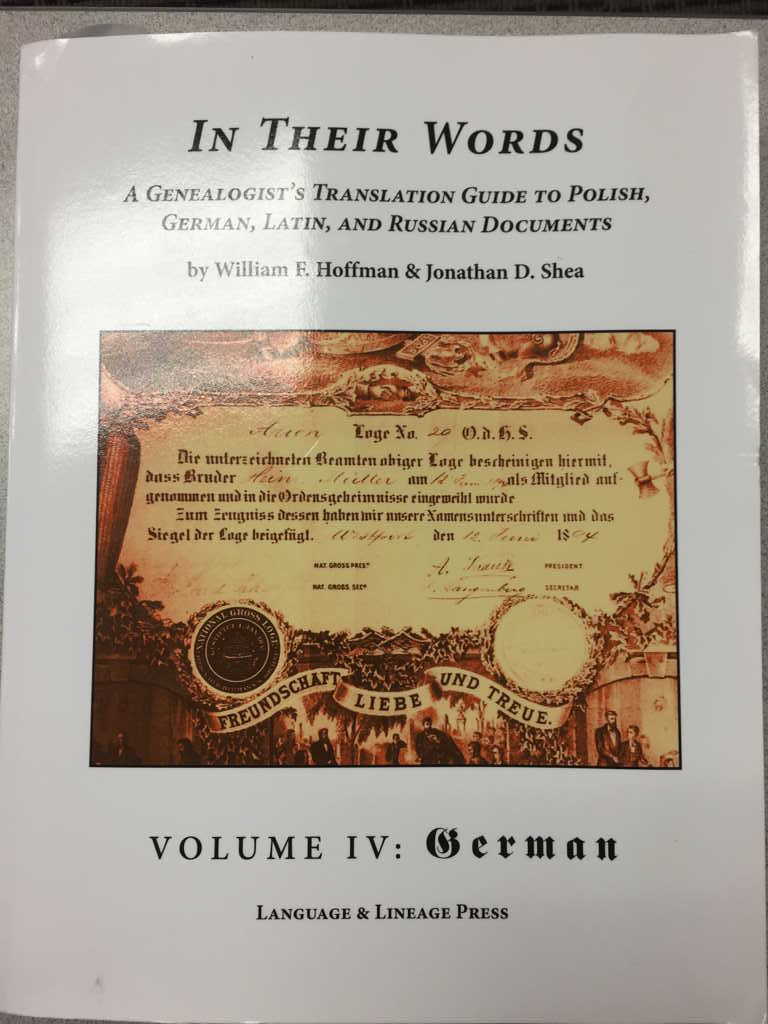
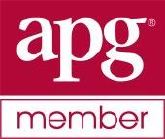
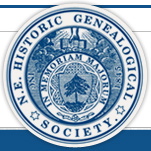
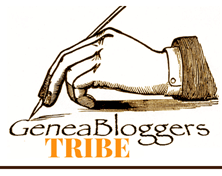
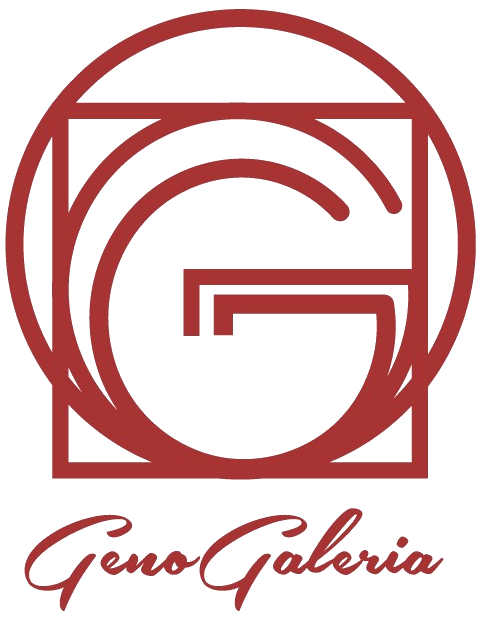


Comments